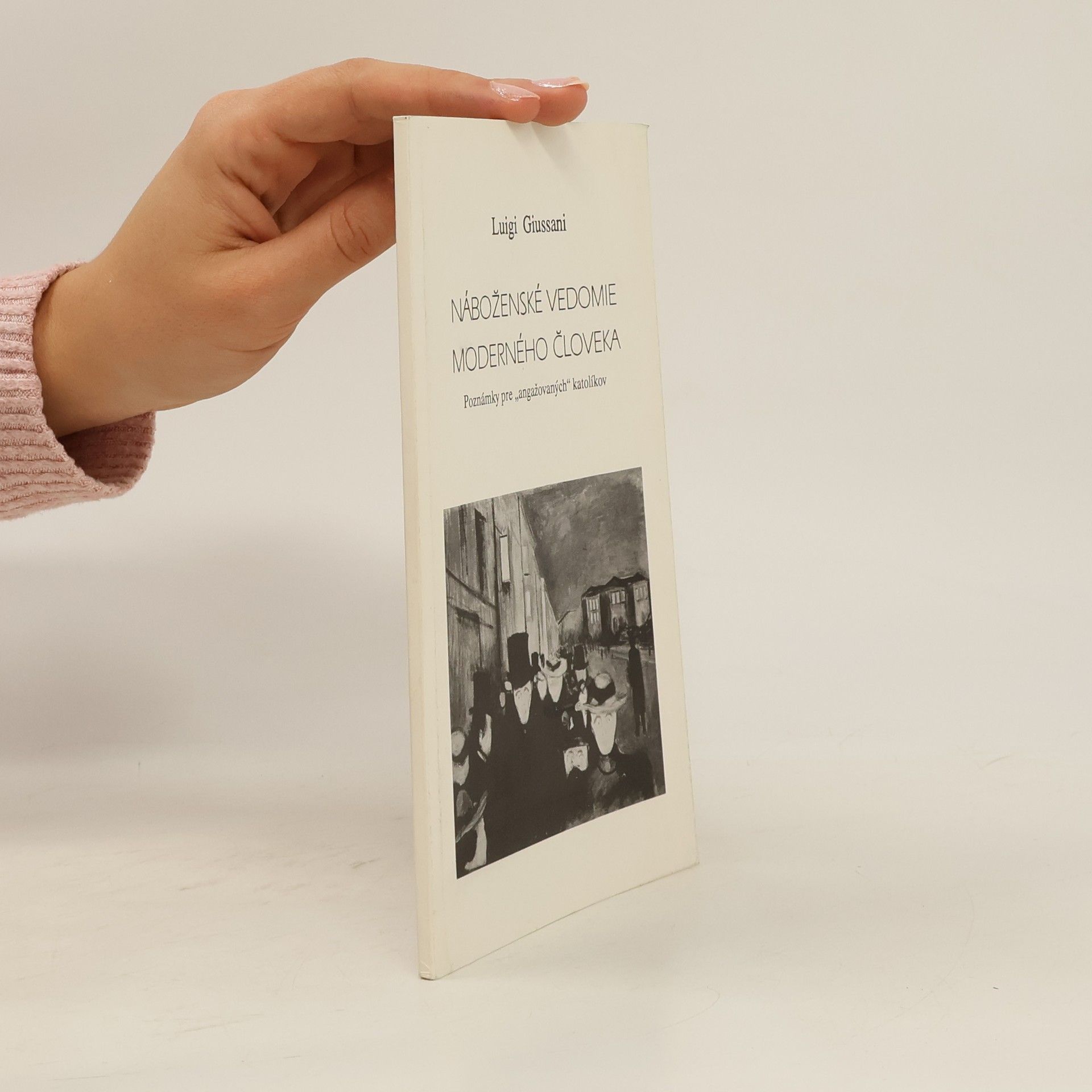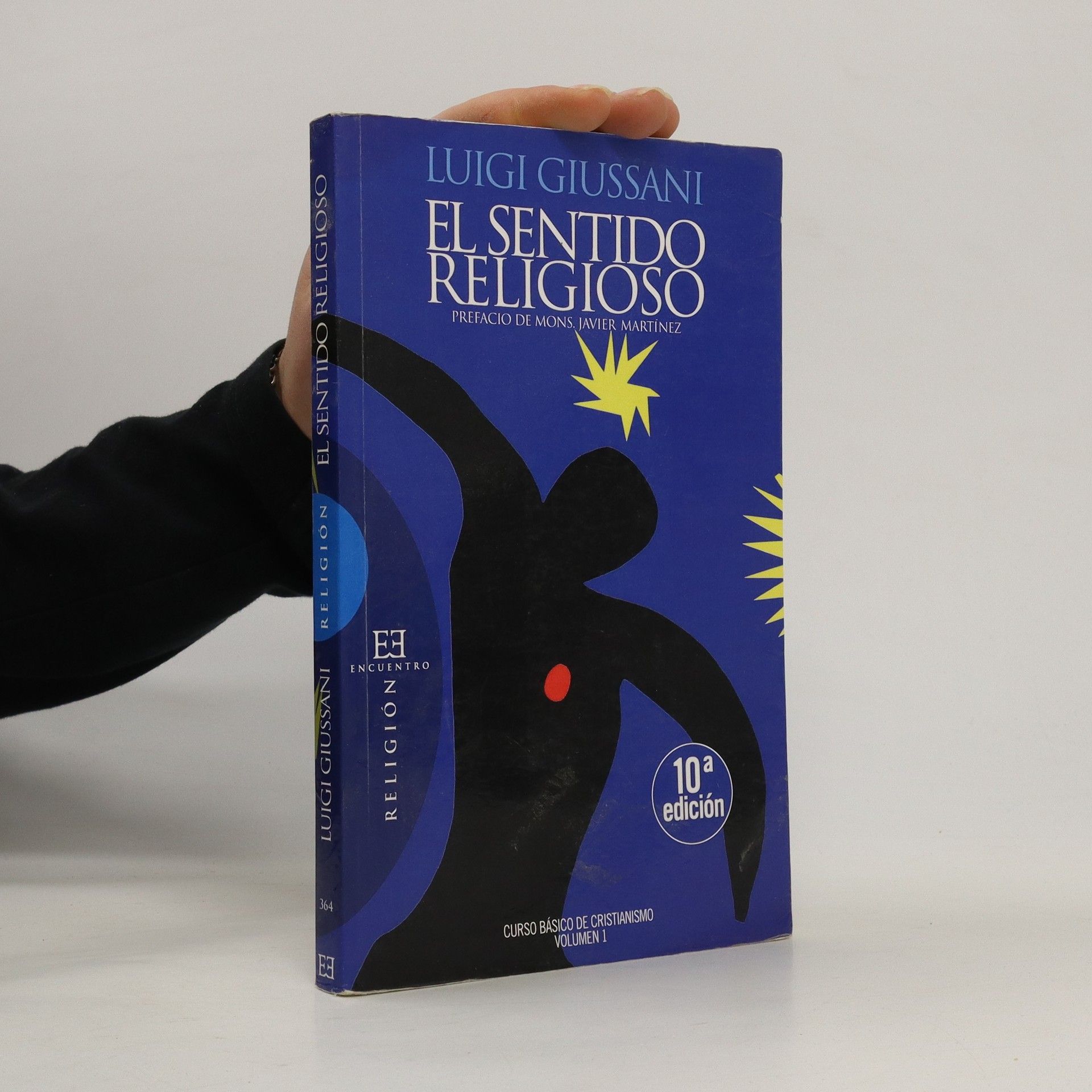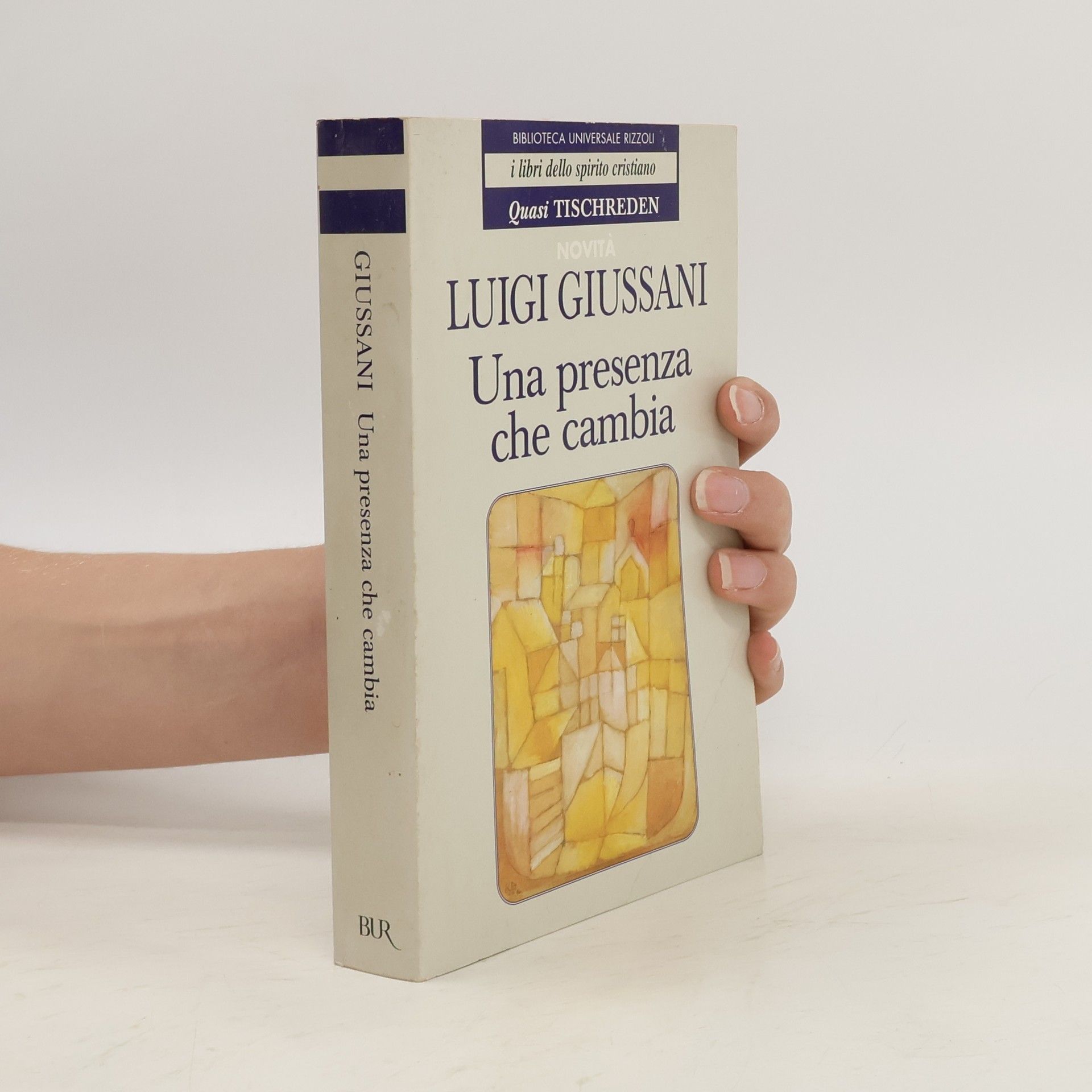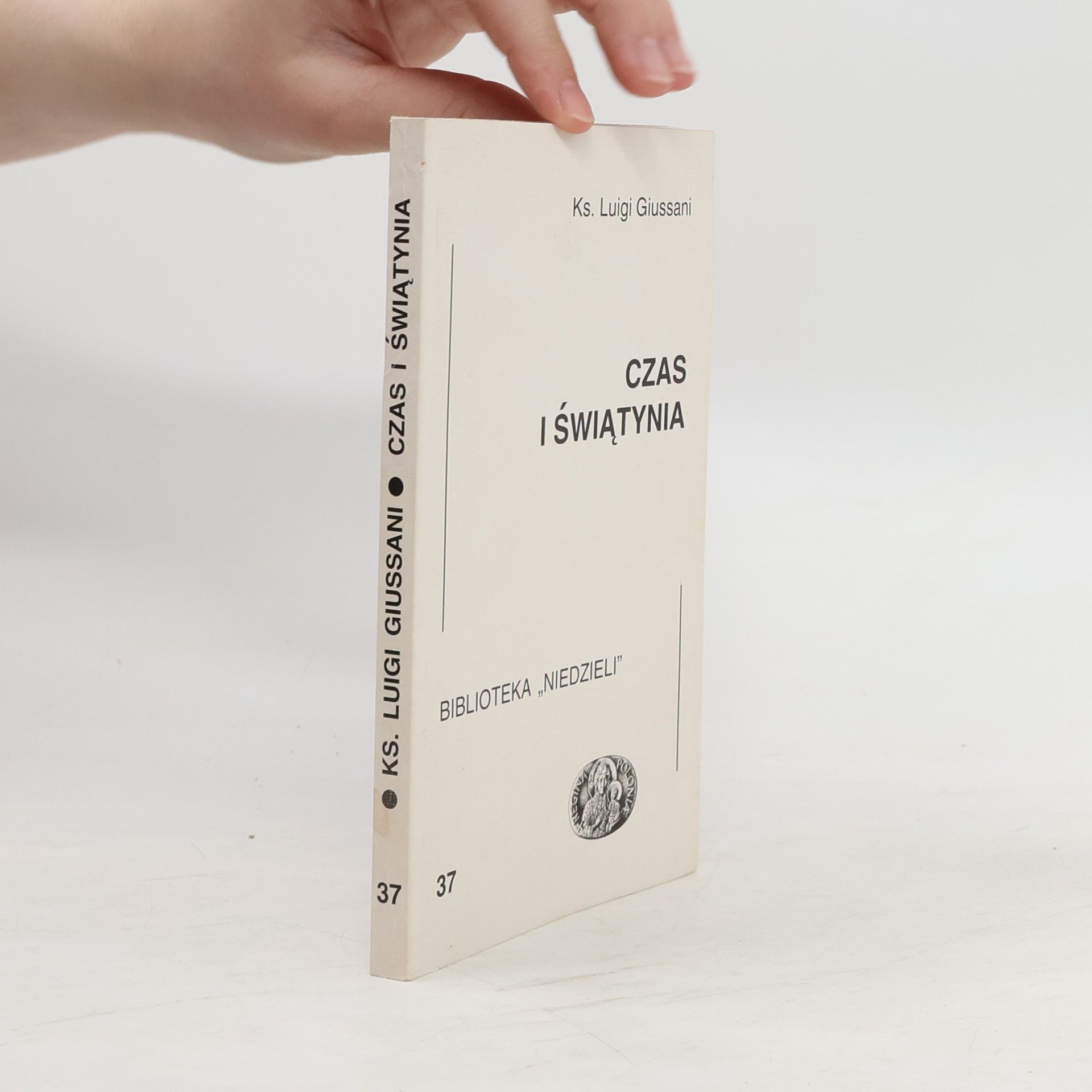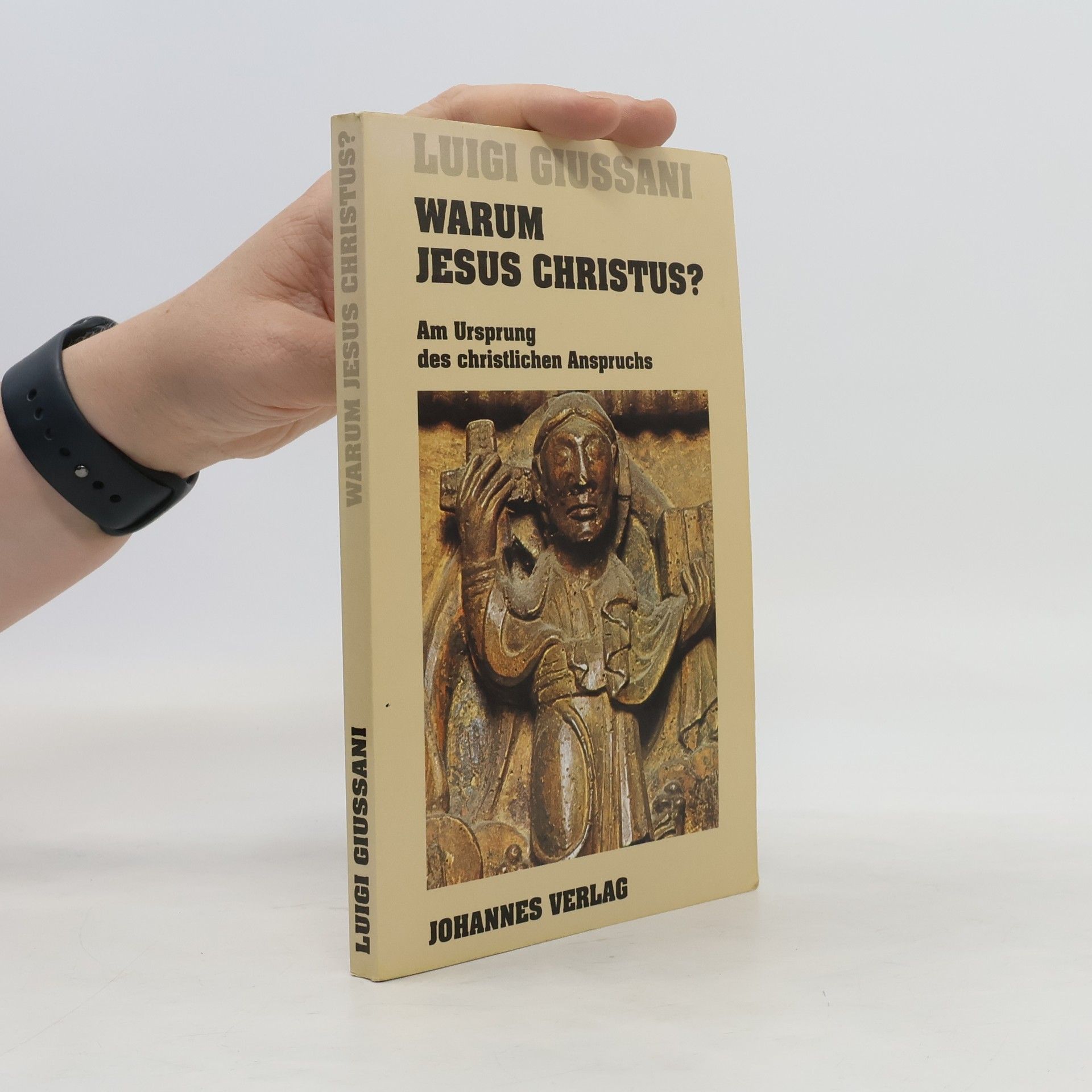El sentido religioso
- 218 páginas
- 8 horas de lectura
El "sentido religioso" es el primer volumen del Curso básico de cristianismo, donde Luigi Giussani resume su pensamiento y experiencia. El libro identifica el sentido religioso como la esencia de la racionalidad y la raíz de la conciencia humana. Según el autor, este sentido se encuentra en la experiencia elemental de cada persona, donde surgen preguntas sobre el significado de la vida y la realidad. La realidad provoca interrogantes sobre el sentido total de la existencia, y el contenido del sentido religioso se alinea con estas preguntas y sus respuestas. Giussani invita al lector a descubrir la dependencia original, que es la mayor evidencia para el ser humano a lo largo del tiempo. Este descubrimiento resalta la razón como capacidad de abrirse a la realidad en su totalidad. En el último capítulo, Giussani argumenta que el hombre, cuya naturaleza busca la verdad y la felicidad, intuye la respuesta que surge de su dinamismo original. Aquí se introduce la hipótesis de la revelación, sugiriendo que el Misterio ignoto toma la iniciativa de revelarse al hombre. El cristianismo se relaciona con el sentido religioso al ofrecer una respuesta inesperada pero razonable al deseo humano de vivir, descubrir y amar su propio destino.

